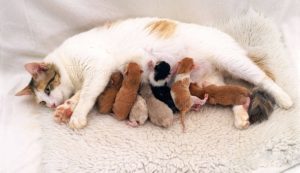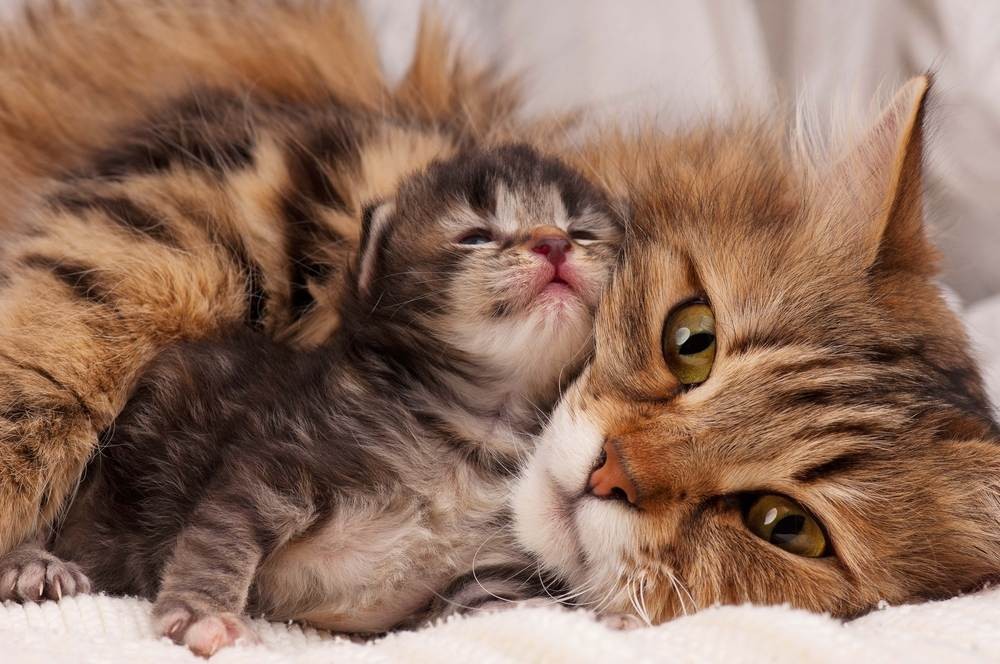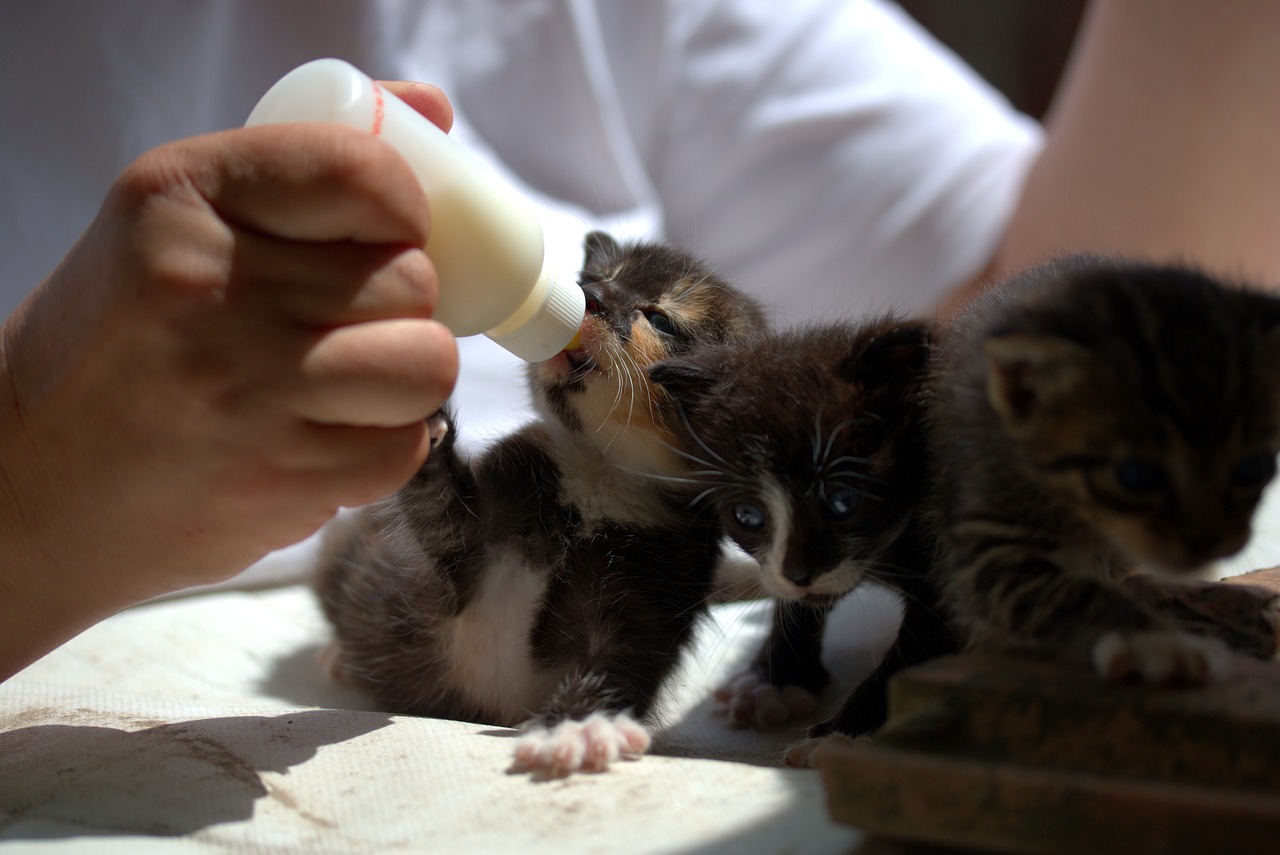
Photo by AdinaVoicu on Pixabay
Kittens are undeniably adorable creatures that captivate our hearts with their playful antics and innocent charm. As they enter the world, many wonder about their sensory capabilities. Can kittens hear and see at birth? In this article, we will explore the fascinating world of newborn kittens and delve into their sensory development.
The Development of Kittens’ Senses
The Sense of Hearing
One of the first questions that arise when discussing kittens’ sensory abilities is whether they can hear right from birth. Kittens are indeed born with the ability to hear, although their hearing is not fully developed. At birth, their ear canals are closed, but they start to open within a week. This allows them to perceive sounds in their environment, although their hearing is still limited.
The Sense of Sight
Unlike their sense of hearing, kittens are not born with the ability to see. At birth, their eyelids are tightly shut, and they are unable to perceive visual stimuli. It takes around 10-14 days for their eyes to open, revealing their vibrant and curious gaze to the world. Initially, their vision is blurry, but it gradually improves as their eyesight develops.
The Importance of Early Sensory Stimulation

The Role of Sensory Stimulation
Early sensory stimulation plays a crucial role in the development of kittens. It helps them become well-adjusted and confident adult cats. By providing appropriate sensory experiences, we can promote their cognitive, emotional, and physical growth.
Techniques for Sensory Stimulation
There are various techniques that can be used to stimulate kittens’ senses during their early stages of life. Here are a few examples:
- Gentle Touch: Gently stroking a kitten’s fur can help them develop a sense of security and bonding.
- Auditory Stimulation: Exposing kittens to different sounds, such as soft music or the sound of a ticking clock, can aid in their auditory development.
- Visual Stimulation: Introducing kittens to visually stimulating objects, such as toys with contrasting colors or moving objects, can enhance their visual perception.
The Growth of Kittens’ Senses

Hearing Development
As kittens grow, their sense of hearing becomes more refined. By three weeks of age, their ear canals are fully open, allowing them to hear a wide range of sounds. They become more responsive to their mother’s vocalizations and begin to explore their own vocal abilities.
Visual Development
With each passing week, kittens’ visual abilities progress significantly. By the time they are two weeks old, their eyesight becomes clearer, and they can track moving objects more effectively. Their depth perception and color vision also improve over time.
FAQs About Kittens’ Sensory Development
Can kittens hear before their ears open?
Yes, kittens can hear even before their ear canals fully open. While their ears are still closed, they can sense vibrations and low-frequency sounds.
When do kittens start responding to sounds?
Kittens begin to respond to sounds around two to three weeks of age. They become more engaged with their surroundings and show heightened curiosity.
Do kittens’ eyes open at the same time?
Kittens’ eyes do not always open simultaneously. Some may open their eyes earlier than others, but it is generally within the range of 10-14 days after birth.
How can I help stimulate my kittens’ senses?
You can stimulate your kittens’ senses by providing a safe and enriching environment. Encourage gentle play, introduce different textures, and provide toys that engage their senses.
Conclusion
The sensory development of kittens is a captivating journey to witness. From their initial days of closed eyes and limited hearing to their blossoming visual and auditory abilities, kittens grow and explore the world around them. By understanding their sensory development and providing appropriate stimulation, we can contribute to their overall well-being and help them become happy and healthy adult cats.
So, the next time you are fortunate enough to witness a litter of kittens, marvel at their incredible journey of sensory discovery.
